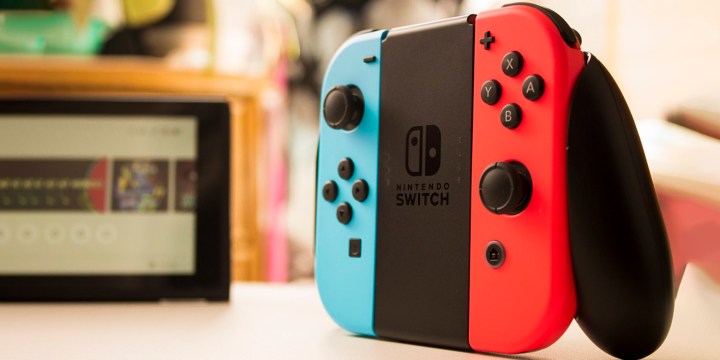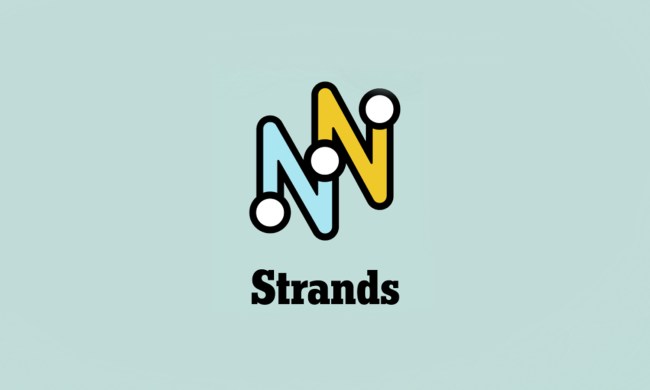
When Nintendo Switch players pre-order a game at a physical retail store, they can usually cancel it before the game’s release. However, on the Nintendo eShop, all sales are final.
That controversial policy held up in a German court, though it’s pending appeal, and takes away players’ right to cancel their buy in the lead-up to launch. It also defines a pre-order as a purchase in its own right, despite delivery coming after money is exchanged.
Thomas Iversen the Norwegian Consumer Council’s senior legal adviser, expressed the agency’s frustration over the ruling to Digital Trends. It had sued Nintendo regarding its policy, alongside the German Consumer Protection Authority.
“It is unfortunate that the district court in Germany has concluded that the delivery of the product is said to start before the product can be of any use to the consumer,” Iversen said. “To us, preloading of content does not mean a game has been delivered. The consumer cannot play the game or use any of its content until launch date.”
In the U.S., players have even fewer protections. Ryan Morrison, who is known as the “video game attorney” and is a founding partner at law firm Morrison Rothman, told Digital Trends that the U.S. does not have mandatory refunds for digital purchases. Decisions made on return policies would come from a business rather than a legal perspective. Morrison noted that Nintendo’s stated policies sufficiently inform customers that pre-order sales are final.
“Whenever you buy a product (pre-order or not) on the Nintendo eShop, you’re not just giving them money,” Morrison added. “You’re giving them your money, and you’re communicating to them that you agree to the Nintendo eShop purchase terms.”
Nintendo’s pre-order policy isn’t identical to all competitors. Microsoft, for instance, will not bill purchasers’ cards until 10 days before launch. They can cancel it with no hassle before this period and can request a refund afterward. PlayStation Network functions similarly, allowing for refund requests provided that players have not started or downloaded the game yet, and Steam allows for returns if they’ve been played for less than two hours.
Nintendo players hoping for a change can follow other gamers and speak with their wallets. Large-scale business model changes came to Star Wars: Battlefront II and its loot box system, among other examples, after fan outcry. So far, Nintendo doesn’t seem to be facing significant pushback from gamers for its pre-order policy.


